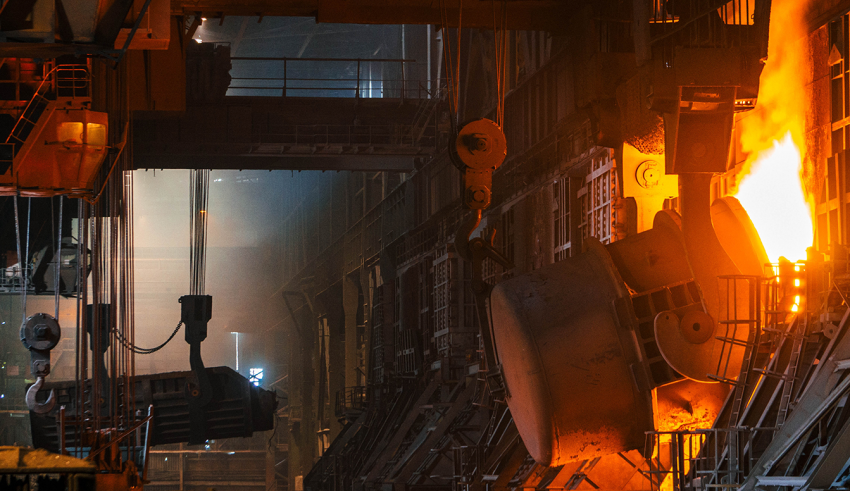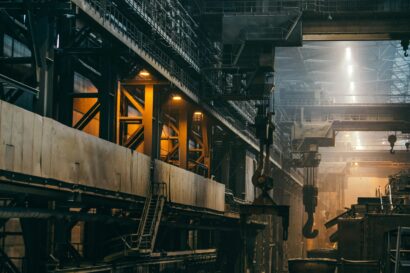REPORTS & BRIEFINGS | 09/09/2021
Accelerating the Decarbonisation of Industrial Clusters and Dispersed Sites

Decarbonisation policy can support cost-effective emissions reductions while also helping manufacturers to take advantage of new market opportunities and enhance economic growth.
Industrial clusters and dispersed sites are important hotspots of economic activity, contributing around £170 billion to the economy, accounting for 9% of the UK’s gross domestic product, and generating 2.6 million direct jobs across the country[1]. At the same time, both industrial clusters and dispersed sites are sources of carbon emissions, contributing an estimated 37.6 MtCO2e and 33.6 MtCO2e respectively in 2018.
Decarbonising these sites is a key part of meeting the UK’s ambitious net zero goals and will require significant policy action and investment across the UK. The UK Government has already announced a series of policies to support its net zero ambition. However, if UK industry is to decarbonise at the necessary pace while maintaining or improving its competitiveness, further action from policymakers is needed to ensure that there is a supportive business environment and that the necessary infrastructure is in place.
Decarbonisation policy can support innovation, supply chain growth and job creation in regions across the UK and can enable manufacturers to better compete in markets for low carbon goods and adapt to rising carbon prices.
Through sector-specific case studies and extensive engagement with industry stakeholders, this report sets out the key policy needs of the UK’s industrial clusters and dispersed sites. It goes on to make targeted policy recommendations to help ensure that both types of site, and the heavy industry sector as a whole, are put on a successful path to decarbonisation.


